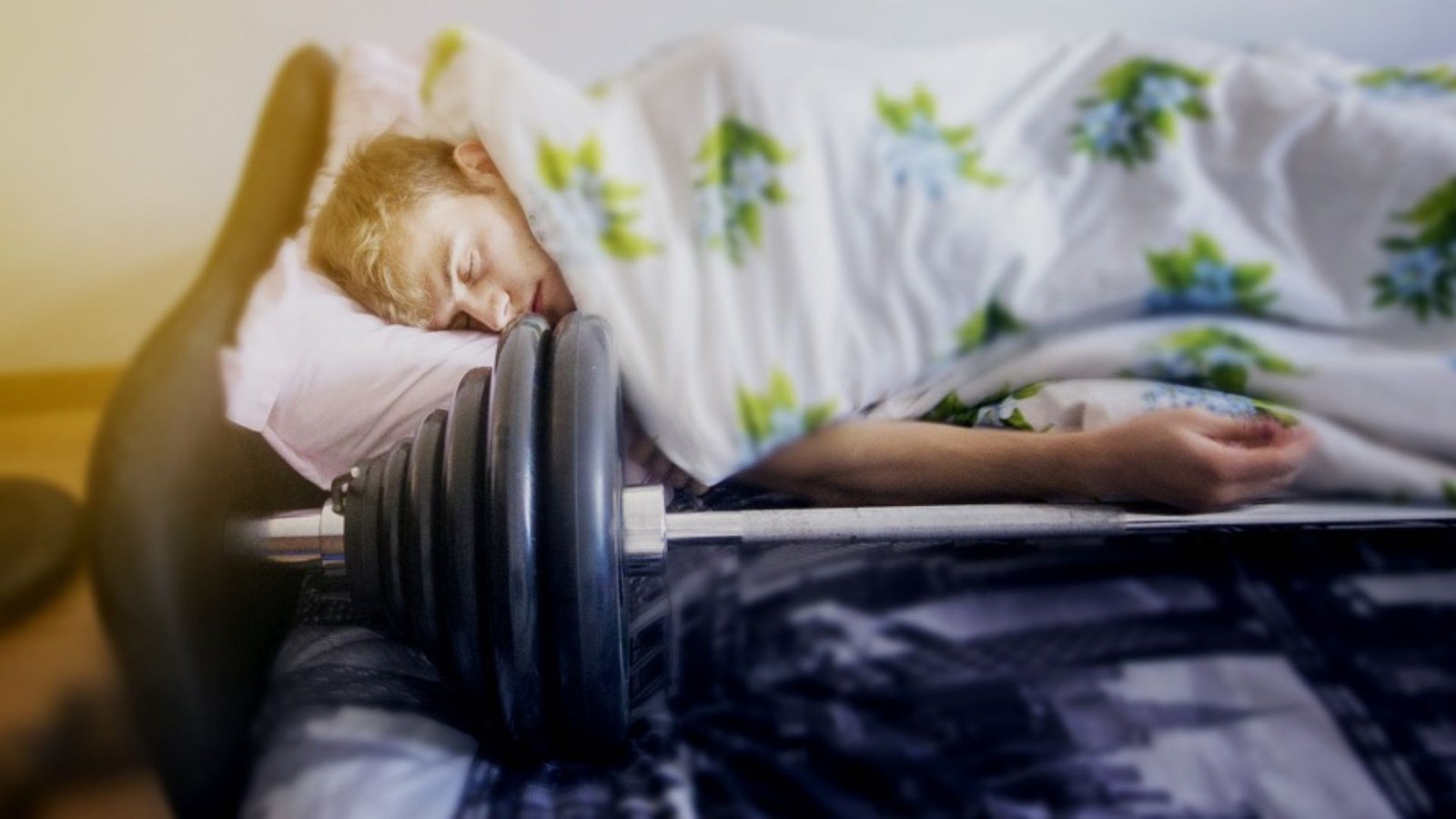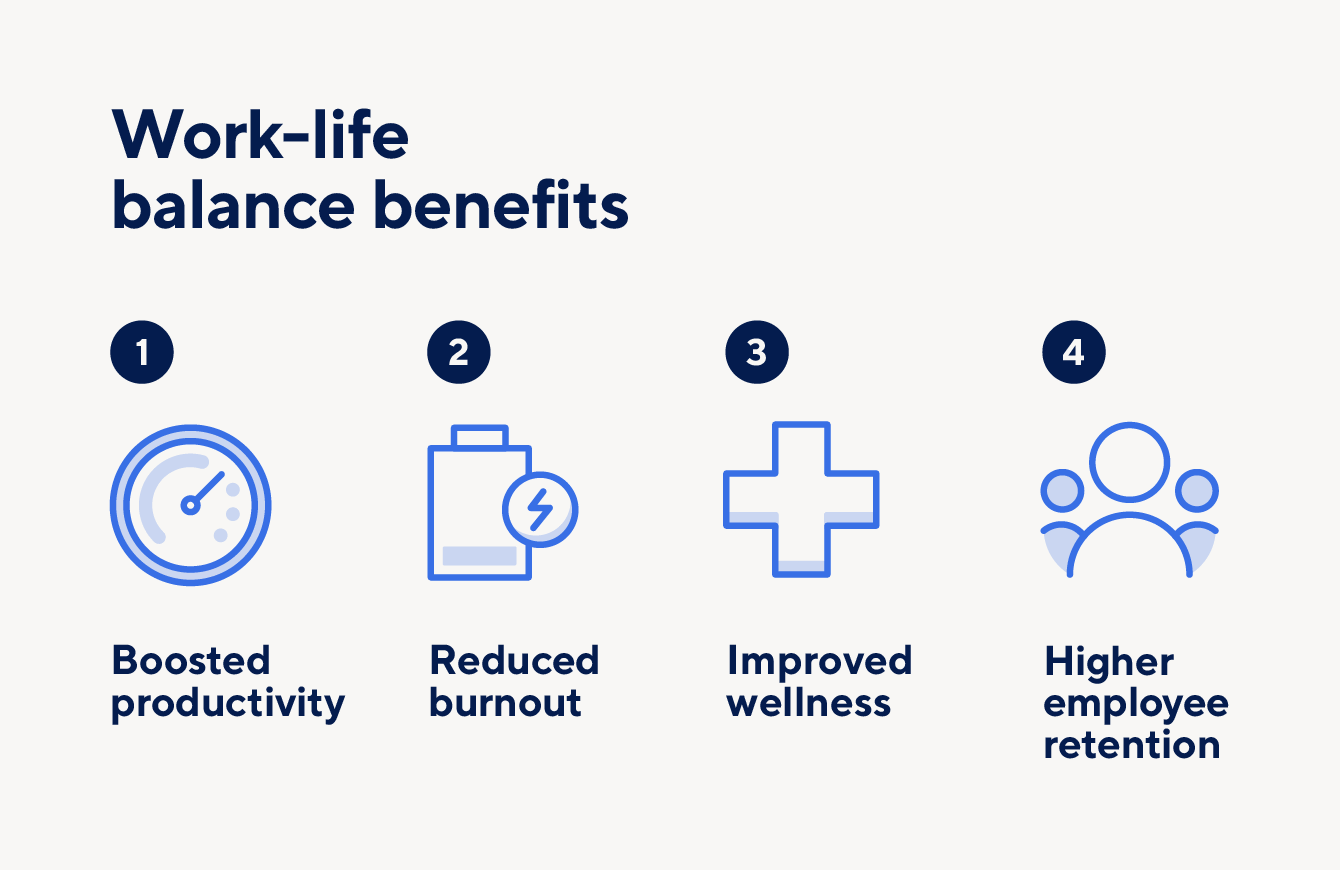Sleep plays a vital role in our overall health and well-being, especially when it comes to physical recovery and performance. For athletes and fitness enthusiasts, understanding the importance of quality sleep can be the key to enhancing performance, speeding up recovery, and achieving fitness goals. This article explores how sleep affects physical recovery, its impact on performance, and tips for improving sleep quality.

The Science of Sleep
Sleep is a complex biological process that involves multiple stages, including light sleep, deep sleep, and REM (rapid eye movement) sleep. Each stage serves a specific purpose. Deep sleep is crucial for physical recovery as it is during this phase that the body repairs tissues, builds muscle, and strengthens the immune system. REM sleep, on the other hand, is essential for cognitive functions and emotional regulation.
Muscle Recovery and Repair
During sleep, the body undergoes significant repair processes. Growth hormone, which plays a critical role in muscle growth and repair, is primarily released during deep sleep. This hormone helps to rebuild muscle tissues that may have been broken down during intense workouts. Insufficient sleep can hinder this recovery process, leading to slower muscle repair and increased soreness.
Impact on Performance
Quality sleep directly influences athletic performance. Studies show that athletes who consistently get enough sleep perform better in their respective sports. Sleep deprivation can lead to decreased reaction times, reduced strength, and impaired endurance. It can also affect coordination and decision-making skills, which are critical for many sports.
Hormonal Balance
Sleep helps maintain a healthy balance of hormones that regulate appetite, stress, and energy levels. Lack of sleep can increase cortisol (the stress hormone) and disrupt the balance of leptin and ghrelin, hormones that control hunger. This imbalance can lead to increased cravings for unhealthy foods, making it harder to maintain a healthy diet and body composition.
Mental Recovery and Focus
In addition to physical recovery, sleep plays a crucial role in mental recovery. Adequate sleep enhances cognitive functions such as focus, concentration, and memory. For athletes, this means better strategic thinking during competition and improved reaction times. Poor sleep can lead to mental fatigue, making it challenging to perform at one’s best.
Immune Function
Quality sleep is essential for a robust immune system. Sleep deprivation can weaken the immune response, making individuals more susceptible to illnesses and infections. For athletes, this can mean longer recovery times from injuries and a greater risk of illness, which can interrupt training schedules and performance.
Sleep Duration and Quality
The recommended amount of sleep for most adults is between 7 to 9 hours per night. However, the quality of sleep is just as important as the duration. Establishing a regular sleep schedule, creating a comfortable sleep environment, and practicing relaxation techniques can significantly improve sleep quality. Strategies such as reducing screen time before bed, avoiding caffeine, and maintaining a cool, dark room can help promote better sleep.
Napping for Recovery
Napping can also be an effective strategy for enhancing recovery and performance. Short naps of 20 to 30 minutes can help boost alertness and improve cognitive function without leading to sleep inertia, the grogginess that can occur after longer naps. Athletes often incorporate naps into their training schedules to maximize recovery and performance.
Listening to Your Body
Everyone’s sleep needs can differ based on age, activity level, and personal health. It’s essential to listen to your body and recognize signs of sleep deprivation, such as fatigue, irritability, and decreased performance. Prioritizing sleep as part of your recovery strategy can help you optimize your physical capabilities.
Building a Sleep Routine
To harness the benefits of sleep for recovery and performance, establishing a consistent sleep routine is vital. Going to bed and waking up at the same time each day can help regulate your body’s internal clock. Incorporating relaxation techniques such as meditation, deep breathing, or gentle stretching before bedtime can also signal to your body that it’s time to wind down.
Conclusion
Sleep is a cornerstone of physical recovery and performance. By understanding the critical role sleep plays in muscle repair, hormonal balance, mental recovery, and overall health, athletes and fitness enthusiasts can prioritize quality sleep in their routines. Implementing strategies to improve sleep quality can lead to better performance, quicker recovery, and a healthier lifestyle.




